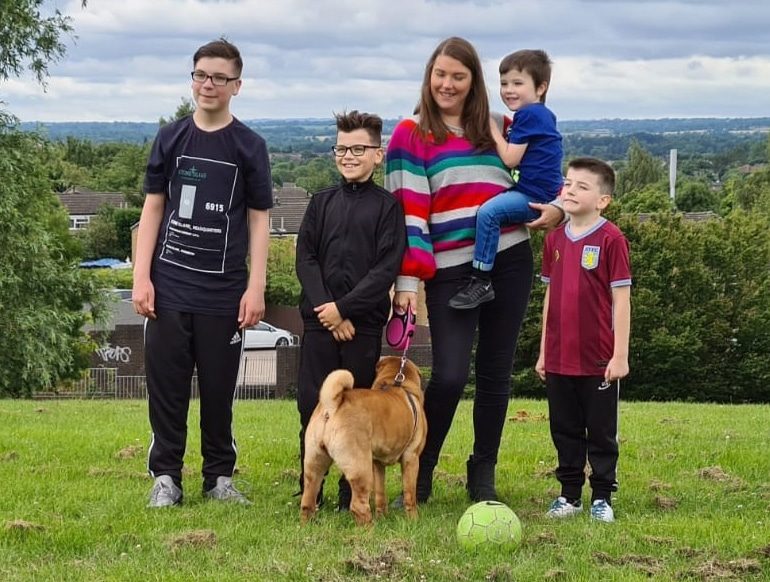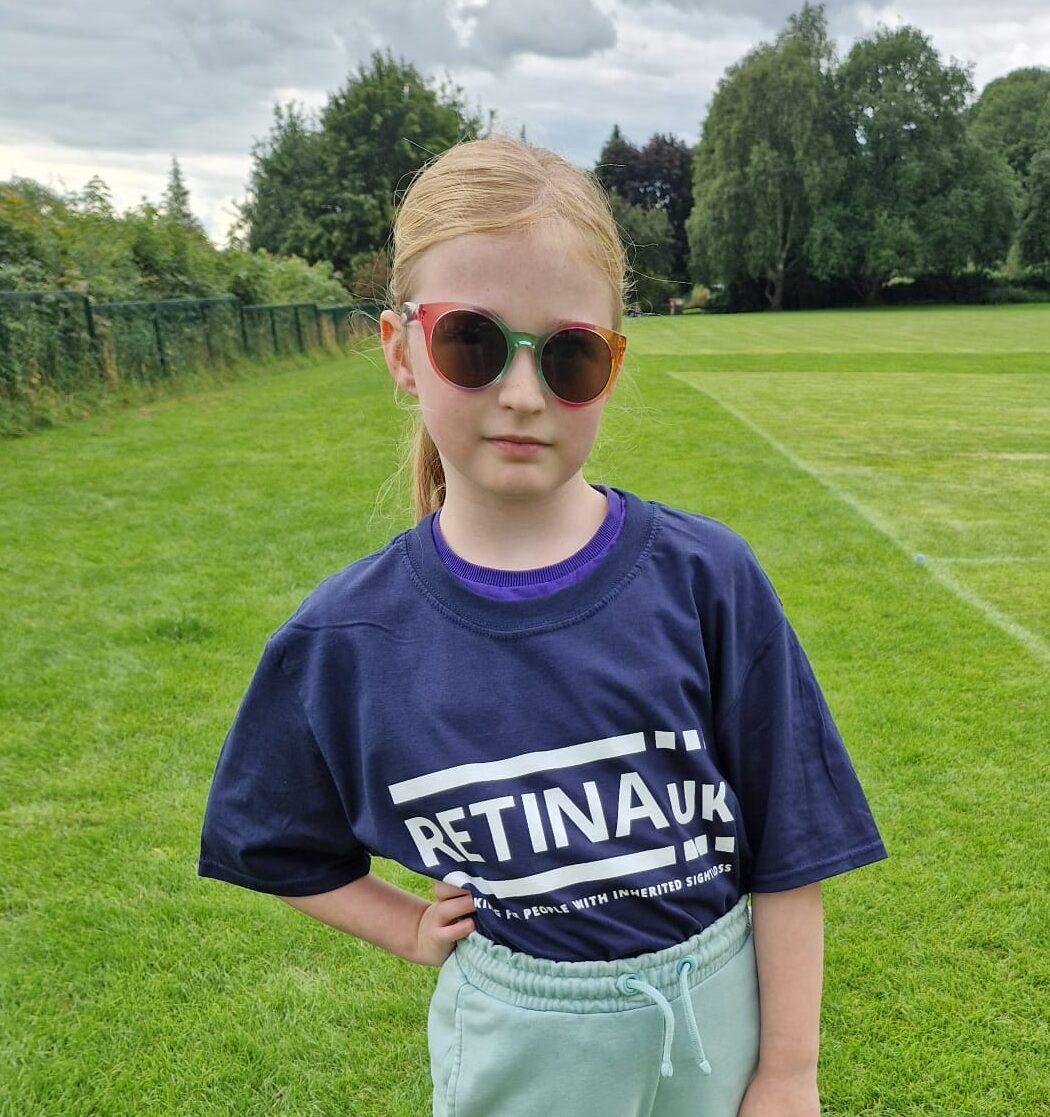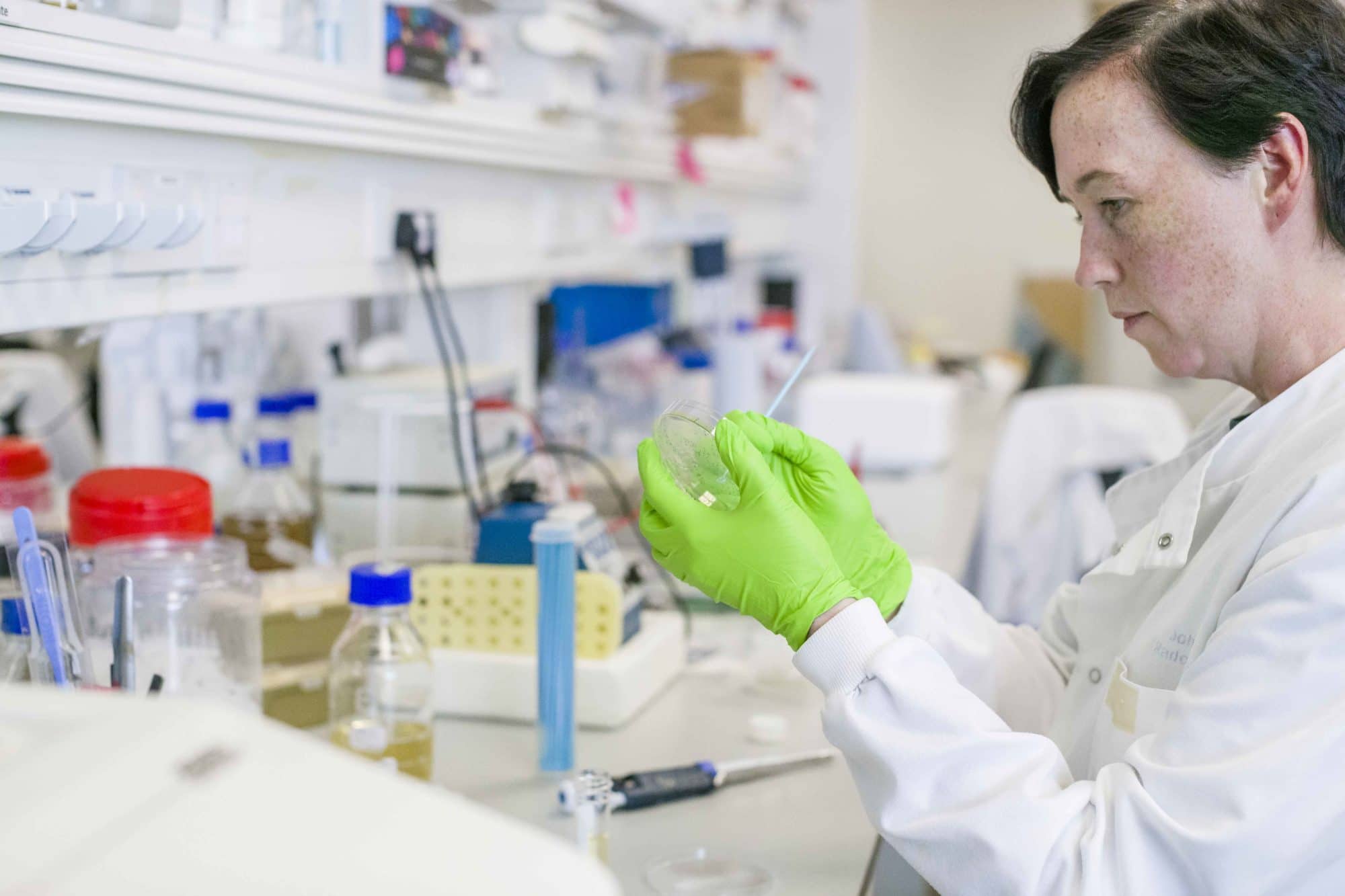
New website aims to increase understanding of genetics
High quality information on genetic testing and counselling for families affected by inherited sight loss is now available in one place thanks to the launch of an innovative new website, Unlock Genetics.




